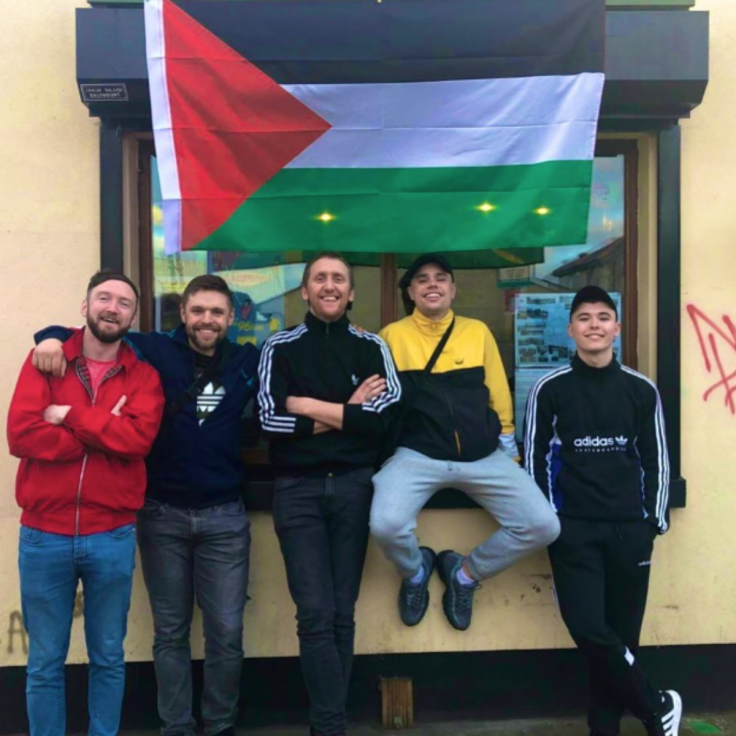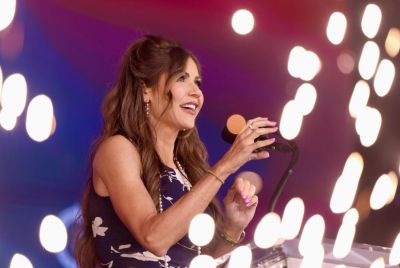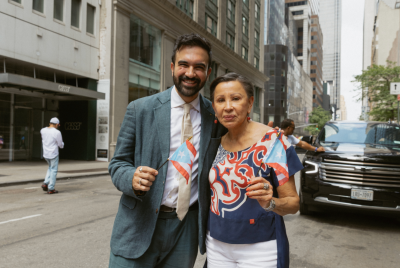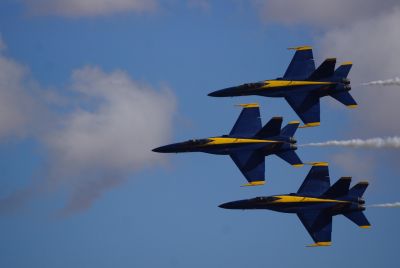Leo Varadkar Defends Kneecap After Starmer Says Glastonbury Slot 'Not Appropriate'
Varadkar Defends Artistic Liberty Amid a Rising Dispute About Kneecap's Controversial Glastonbury Booking
Former Taoiseach Leo Varadkar has issued a strong warning to political leaders against interfering in the arts, urging them not to suppress artistic expression. His comments follow UK Prime Minister Keir Starmer's statement that Belfast rap group Kneecap should not perform at Glastonbury Festival.

Politicians Risk Silencing Culture
Varadkar criticised politicians for attempting to regulate the creative sector, warning that state censorship poses serious risks in democratic societies. He stressed that political agendas should not influence decisions around creative content, arguing such interventions set a troubling precedent. His remarks have drawn wide attention amid growing concerns over freedom of expression in the arts and media.
Starmer said Kneecap's political messaging—which includes pro-Palestinian themes and criticism of Israel—could send the wrong message during their Glastonbury performance. In response, Varadkar urged leaders to protect artistic freedom and individuality.
Kneecap Controversy Explained
Kneecap, known for their politically charged lyrics in both Irish and English, sparked backlash after member Liam Óg ÓhAnnaidh (Mo Chara) was seen draped in a Hezbollah flag and chanting slogans supporting Hamas and Hezbollah at a concert.
UK counter-terrorism police launched an investigation under the Terrorism Act, and Mo Chara was later charged and released on bail. His appearance at Westminster Magistrates' Court earlier this month renewed calls to ban the trio from major UK festivals.
Starmer's Stance Sparks Backlash
Starmer's assertion that Kneecap's Glastonbury slot was 'not appropriate' was echoed by Conservative MP Kemi Badenoch, who also criticised the BBC for previously supporting the group, accusing it of promoting 'hate speech'.
Festival organisers have since faced pressure to cancel the group's performance. However, artists and civil rights advocates have rallied in support, with an open letter signed by high-profile names condemning what they describe as censorship and an attack on artistic freedom.
Varadkar: A Warning to Political Figures
Varadkar's remarks serve as both a defence of Kneecap and a broader warning. 'Politicians should not censor artists,' he said, underscoring the dangers of political interference in the creative industries. His comments have resonated on both sides of the Irish Sea, as debates continue over where to draw the line between free expression and public accountability.
Cultural and Political Collide on Global Stage
The controversy marks a flashpoint where art, politics, and social media converge. Kneecap's performances, which touch on sensitive issues such as the Israel-Palestine conflict, have prompted protests, death threats, and increased scrutiny from law enforcement.
Varadkar's call to defend artistic freedom comes amid declining public trust in political institutions. His stance reflects growing consensus among free speech advocates: silencing dissenting voices sets a dangerous precedent for democratic societies.
© Copyright IBTimes 2025. All rights reserved.





















